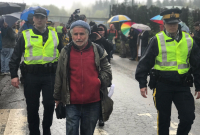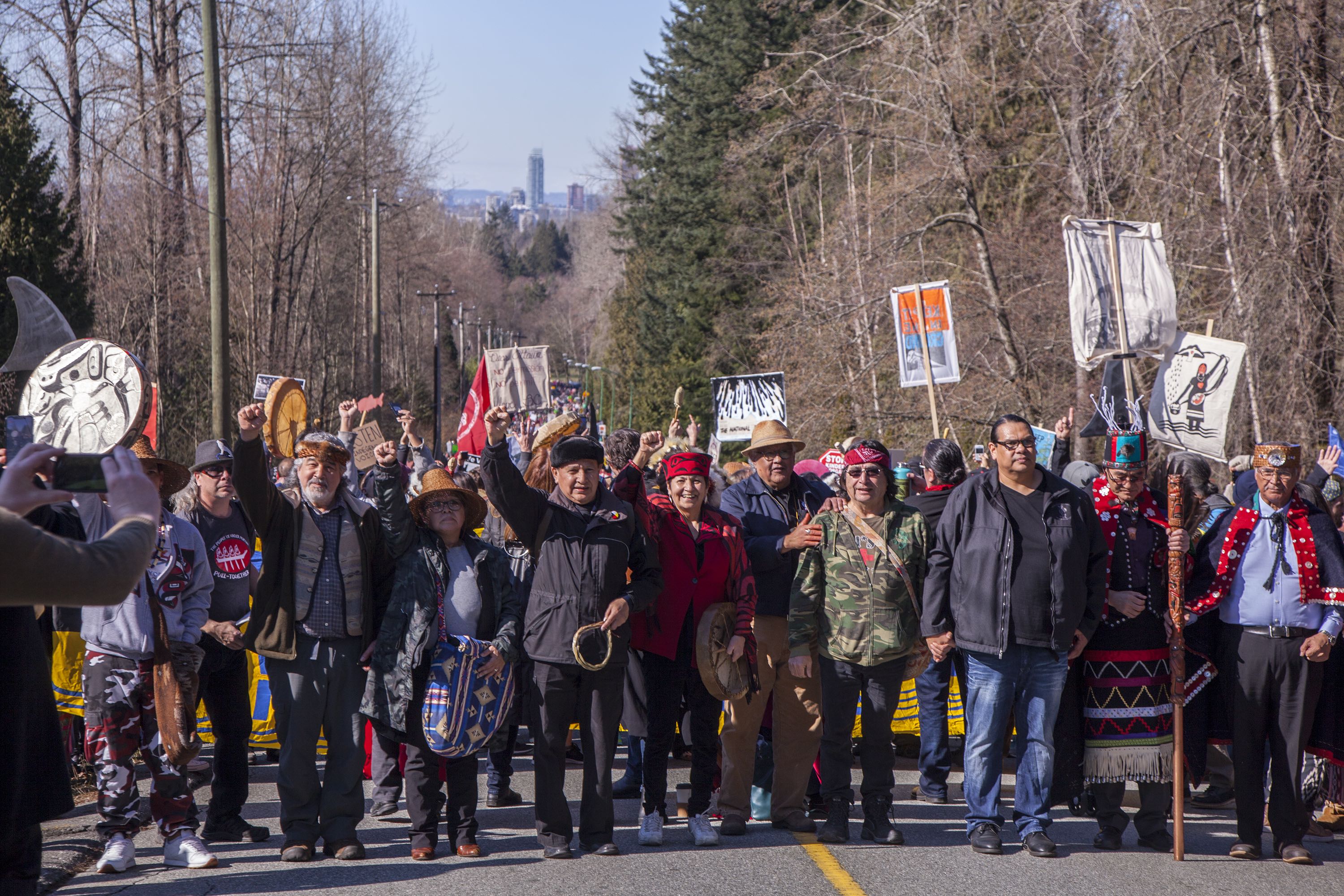In Ontario’s first televised debate of the 2018 election season, Progressive Conservative Leader Doug Ford leaned on platitudes about standing up for the little guy when not railing against what he considers Premier Kathleen Wynne’s profligate spending. New Democratic Party Leader Andrea Horwath presented herself as the grown-up voice for change.
While Wynne struggled to present herself as both the architect of successful policy over the last six years and the politician most capable of driving future improvements, Horwath focused on making herself the change candidate voters could believe in the first of three debates leading up to the June 7 vote.
In an occasionally testy conversation that covered issues ranging from transit and housing affordability to police de-escalation training and effects to stamp out carding, to the high price of electricity, Horwath was eager to set herself apart from both Wynne and Ford. At one point, she told the audience: “You don’t have to choose between bad and worse,” gesturing to Ford and Wynne bickering. “This is the problem with Ontario right now, folks.”
And it may have worked. An informal poll conducted via Twitter by CityNews, which hosted the event, collected 43 per cent of responses in favour of Horwath, with Ford just behind her at 39 per cent and Wynne trailing badly at just 14 per cent.
“While Mr. Ford and Ms. Wynne fought about who’s going to make the worst premier of Ontario, I think this election is our opportunity to do something completely different,” the provincial NDP leader said in closing remarks. “We can actually have change for the better in our province.”
Doug Ford unclear on details
The Tory leader also made a policy announcement during the evening about new spending on public transit.
“I’m going to built a regional transportation system that works for Toronto and the GTA. I’m announcing today that we’re putting in $5 billion into new subways, relief lines, two-way GO all the way to Niagara Falls,” Ford said.
But he offered little in the way of detail about how he intends to save some $6 billion in government spending, despite the best efforts of both Wynne and Horwath to draw him on that point, but was measured in delivery, often looking directly into the camera while limiting the number of times he interrupted the other candidates or even contributed to open debate segments.
On police carding, for example, he was silent after his allotted time was up.
Each of the candidates was given the opportunity to ask one question to one of the other candidates. Both Wynne and Horwath used theirs to ask Ford a variant on how many hospitals he expects to close and how many nurses or teachers he intends to fire given that he has said he’d leave no stone unturned in an effort to cut costs.
“Not one single person is getting laid off under our administration,” he said, while also repeating a much-derided claim to have saved over $1 billion in costs while working as a Toronto city councillor under his late brother Rob, the former mayor of Toronto.
“Not one single person will lose their job,” he said. “I love the nurses, I love the teachers…” before Wynne interrupted with, “but you’re going to cut their jobs,” landing a right hook just as the bell rang to end that section of the debate.
Ford did get laughs when he said Wynne’s government had set records for spending, including building up the single largest sub-national sovereign debt in the world, to fill the first few pages of the Guinness Book of World Records.
But he largely focused his attacks on Wynne, repeatedly referencing 15 years of “mismanagement, scandals and waste of your hard earned tax dollars” without digging into what he would do specifically beyond getting rid of the CEO of Hydro One, Mayo Schmidt, who he repeatedly referred to as the “$6 million man” in reference his total compensation for 2017 at the former Crown corporation that Wynne’s government has partially privatized.
Horwath zeroes in on hydro bills, Ford targets housing
At one point Horwath, who has vowed to reverse that privatization, interrupts: “And while these two argue, your hydro bills are going through the roof!” to loud cheers from the in-studio audience.
“You know that we’ve said very clearly to the Hydro One board that we do not support that compensation package,” Wynne said.
“Did you know about the backroom deal about doubling his compensation?” he asked.
“Doug, are you talking to me about backroom deals? You’re talking about you and the developers in the backroom about the greenbelt,” she shot back.
Ford — who recently told a group of property developers that he would open up the greenbelt that rings the greater Toronto area before later backtracking on that statement —claimed that Wynne had herself made 17 changes to the boundaries of that zone to line the pockets of her “developer buddies,” including members of her caucus.
“If you look at the greenbelt, it looks like a jigsaw puzzle just coordinating around all the Liberal insiders,” Ford said.
Wynne responded that there have been more than 200 applications for exemptions to the greenbelt, and that Ontario has the most efficient government in Canada, measured by per capita spending on services.
The leader of the Green Party of Ontario, Mike Schreiner, who was not invited to take part in the debate but instead answered the same questions on Twitter, said in a statement that the event resembled the circus of Question Time and overlooked some major issues.
“The leaders of the status quo parties did not mention the climate change crisis or making illness prevention a priority in our healthcare system or leaping into the future with 21st century clean energy jobs, or a Basic Income Guarantee for all Ontarians,” he said.
Editor's note: This article was updated at 10:25 p.m. ET on May 7, 2018 to correct the spelling of Andrea Horwath's name. It was updated again at 11:48 p.m. ET with additional comments from Doug Ford about a public transit policy announcement.







Comments